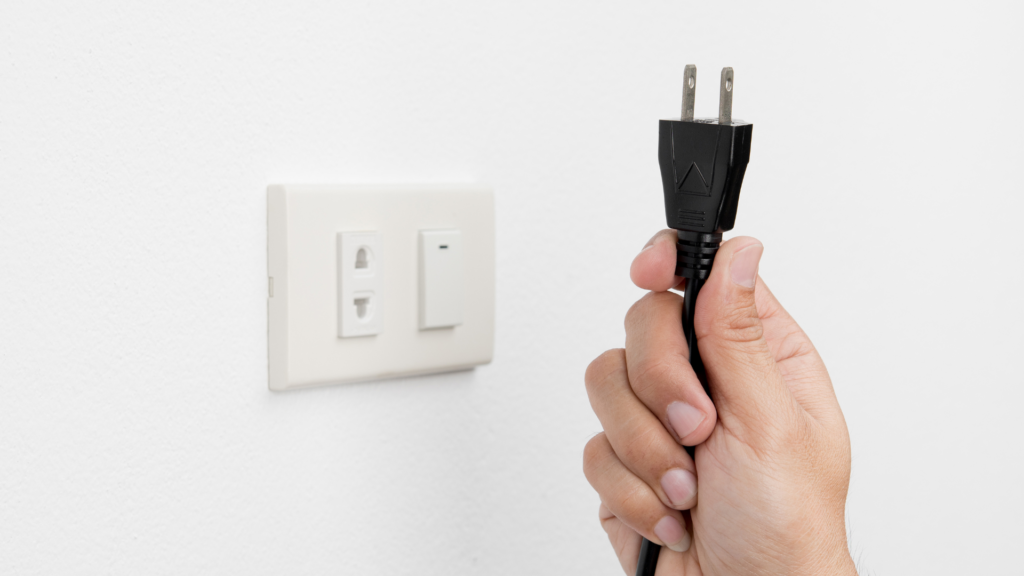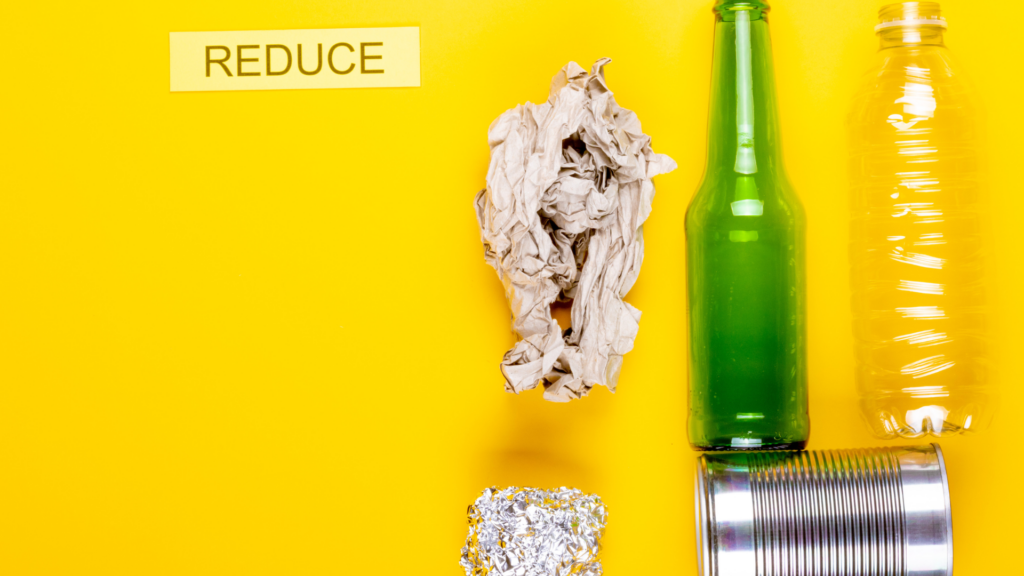Transform Your Life and Save the Planet: Say Goodbye to Energy-Wasting Habits Today!



Are you tired of high energy bills and feeling guilty about your carbon footprint? Do you want to make a positive impact on the planet and live a more sustainable lifestyle? Look no further! In this blog post, we will guide you through some easy and practical ways to stop energy-wasting habits and make a difference. By implementing these tips, not only will you be contributing to a healthier planet, but you'll also save money in the process. So, let's dive in and start transforming our lives today!
Unplug when not in use
Electronics can still consume energy even when turned off, resulting in wasted energy and higher electricity bills. By unplugging or using power strips to reduce energy use, you can make a significant impact on the environment while also saving money. Let's dive in and explore the benefits of unplugging and practical ways to reduce energy use in your home.
Side Effects of leaving appliances plugged in

Leaving electronic appliances plugged in can result in "phantom power" or "standby power" consumption, which refers to the energy that appliances and electronics use even when they are turned off. Furthermore, standby power consumption contributes to carbon emissions, contributing to climate change and environmental damage. Additionally, leaving electronics plugged in can increase the risk of electrical fires, especially if the appliances or cords are damaged or faulty. By unplugging electronics when not in use, you can reduce your carbon footprint, save money, and decrease the risk of electrical fires.
Benefits of Unplugging Appliances when Not in Use

Unplugging appliances and electronics when not in use provides several benefits, including reduced energy consumption, lower electricity bills, and a reduced carbon footprint. By eliminating standby power, you can save up to 10% of your annual electricity usage and reduce your impact on the environment. Additionally, unplugging electronics reduces the risk of electrical fires and extends the lifespan of appliances by protecting them from power surges. Using power strips can also make it easier to turn off multiple devices at once, saving time and energy. By making a conscious effort to unplug appliances and electronics when not in use, you can make a significant impact on the environment while also saving money on your energy bill.
Saving Water
Water is one of the most precious resources on our planet, and conserving it is crucial for sustainable living. Unfortunately, many of us take water for granted, assuming that it will always be available in abundance. However, this is not the case, and water scarcity is becoming an increasingly pressing issue in many parts of the world. By taking simple steps to conserve water in our daily lives, we can help protect this vital resource and ensure that it is available for future generations.
Don't leave a water source on for too long

One of the simplest yet most effective ways to conserve water is to avoid leaving water sources on for too long. Whether it's leaving the tap running while brushing your teeth or taking long showers, leaving the water source on unnecessarily wastes a significant amount of water. Just like unplugging appliances when not in use, turning off the tap or shower when not needed can save a substantial amount of water and reduce your water bill. Additionally, taking shorter showers can have a significant impact on water conservation, and using a low-flow showerhead can further reduce water usage without sacrificing water pressure.
Recycling and Reducing Waste
Reducing waste and recycling are essential components of sustainable living, and they play a crucial role in protecting our planet's natural resources. Every year, millions of tons of waste end up in landfills, contributing to environmental pollution and degradation. However, by adopting eco-friendly habits such as recycling, composting, and reducing consumption, we can reduce waste and minimize our impact on the environment.
Reducing Waste

Reducing waste is an essential part of sustainable living and involves making conscious choices to minimize the amount of waste that we produce. This includes reducing consumption, reusing items, and properly disposing of waste. One of the most effective ways to reduce waste is to avoid single-use items, such as plastic bags, straws, and disposable containers. By using reusable alternatives, such as cloth bags, metal straws, and food containers, we can significantly reduce our waste output and make a positive impact on the environment. Additionally, repurposing items, donating unwanted goods, and composting can further reduce waste and contribute to a more sustainable lifestyle. In this section, we'll explore practical tips for reducing waste in our daily lives, from shopping habits to food waste reduction.
Recycling

Recycling is a crucial aspect of sustainable living and involves transforming waste materials into new products, reducing the need for raw materials and reducing the amount of waste that ends up in landfills. Recycling helps conserve natural resources and energy, reduces pollution, and supports a circular economy that promotes sustainable consumption and production. However, recycling effectively requires proper sorting, processing, and disposal of recyclable materials, and it's essential to understand what can and cannot be recycled in your local area.
Conclusion
In conclusion, reducing energy waste, conserving water, and recycling and reducing waste are essential components of sustainable living that can help protect our planet's natural resources and promote a cleaner, healthier environment. By adopting eco-friendly habits and making conscious choices in our daily lives, we can all contribute to a more sustainable future for ourselves and future generations. Whether it's unplugging appliances when not in use, limiting water usage, or properly recycling and reducing waste, every small step can make a significant impact. So let's take action today and say goodbye to energy-wasting habits to transform our lives and save the planet!
Find your ideal property, available for sale or rent in the best prices possible, or list your property for sale or rent here. Alternatively, if you have any further questions, please get in touch with us:



